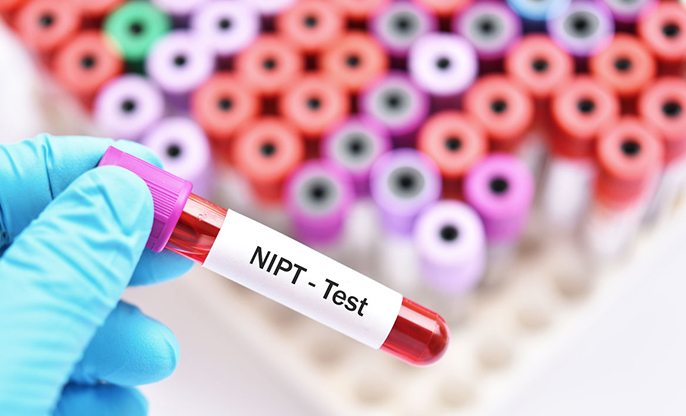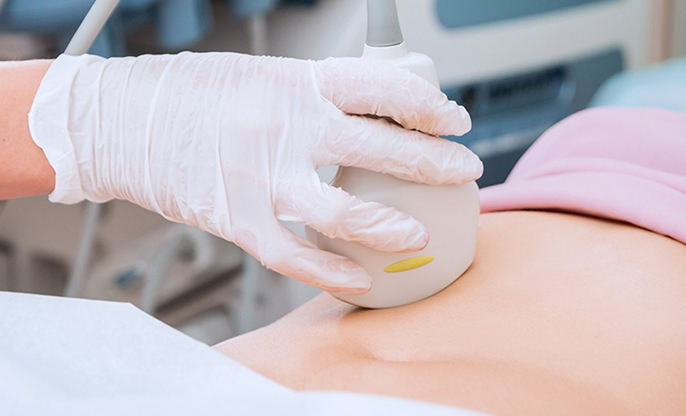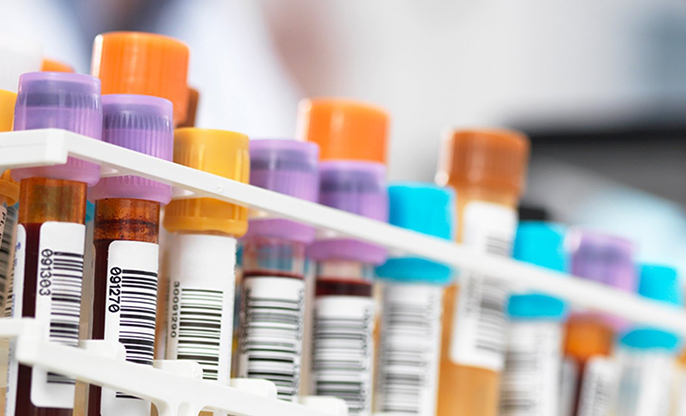
Pregnancy is a time of great joy but can also be filled with uncertainty. One of the biggest concerns for pregnant women is the potential risks associated with medication. Undoubtedly, medicines ingested during Pregnancy can cross the placental barrier and influence the growth of the developing fetus. It can lead to congenital disabilities, stillbirth, miscarriage, premature birth, low birth weight, and infant drug withdrawal. These are serious conditions because they affect the mother and child.
Even illegal substances such as opiates and cocaine taken during Pregnancy can lead to congenital disabilities, complications, and other major health issues for the growing baby. Chances of premature birth abnormalities increase, and fetal growth is likely inadequate.
Many expectant mothers are aware of the influence of medicines in maintaining their baby's health and refrain from using alcohol, medicines, and drugs. They try to maintain an active lifestyle and make an effort to choose nutritious foods. All in all, taking medications carefully is crucial to a healthy pregnancy. You will be surprised, but over-the-counter (OTC) drugs can harm your unborn child, including those for treating coughs, colds, diarrhea, and nausea.
While some medications are considered safe to take during Pregnancy, others may pose a risk to the developing fetus.
Benefits:
Pregnancy comes with several medical conditions, such as high blood pressure, diabetes, and other medical conditions requiring medication. Taking medication during Pregnancy can help manage these conditions and reduce the risk of complications. Some medications can also help lessen the risk of miscarriage and preterm labor.
Risks:
While some medications are considered safe to take during Pregnancy, others may pose a risk to the developing fetus. Medicines can cause congenital disabilities or other problems, so tell your doctor about what you are having. Taking medication during Pregnancy is risky, but it's important to weigh the risks and benefits before deciding. Talk to your doctor about your medications and follow their advice on managing your needs safely.
Managing Medication during Pregnancy:
You must ask your doctors about the proper medications when you realize you are expecting a child. Your healthcare provider knows the risks, guides you to what's safe, and gives you a new prescription according to your condition. If you are taking medication during Pregnancy, it's important to follow your doctor's instructions. Here are some tips:
• Take your medication
as prescribed.
• Talk to your doctor
about any potential side effects or risks.
• Ask your doctor if
there are any alternatives to your medication.
• Keep your doctor
informed of any health-related issues or changes in your medication needs.
• Make sure to take any prenatal vitamins or supplements recommended by your doctor.
Prenatal vitamins are important, but you must avoid herbal supplements unless you know their composition. OTC medications to treat diarrhea, cough, and cold fever, are advised if they are safe. The fact is, being natural does not guarantee safety during Pregnancy. Cigarettes, alcohol, and caffeine need to be avoided. Moreover, taking the right medication is important, or can cause serious side effects. Any neglect can lead to premature births, infant loss, or congenital abnormalities in the fetus.
Only a small percentage of medicines are safe for pregnant women. Talk to your healthcare provider about those and constantly stay in touch in case of a medical emergency because only they know what is best for you!







